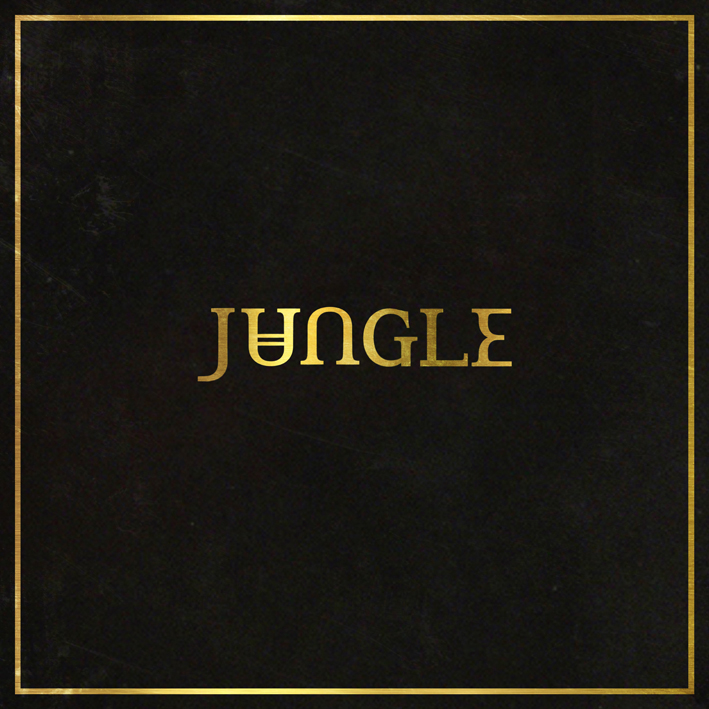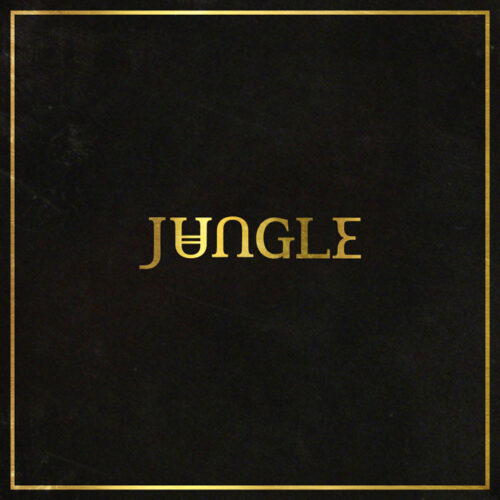"It’s a lot like Gorillaz, where the art is at the forefront of it and, just like us, Damon sits behind the scenes," said Jungle’s Josh Lloyd-Watson to Clash earlier this year, describing the importance of Jungle’s early videos to both himself and collaborator Tom McFarland. The video that accompanied their first single, ‘Platoon’, eschewed any appearance of the primary creative duo, opting instead to set their contemporary take on soul and funk to a choreographed routine from six-year-old breakdancer B-Girl Terra. Considering the duo is now a seven-piece band which they have referred to as a "collective", with a sound that feels very much like a contemporary update of George Clinton’s Parliament and Funkadelic outfits, it makes sense that they would want to background themselves as individuals.
While Lloyd-Watson may compare Jungle’s visual identity to that of Damon Albarn and Jamie Hewlett’s animated band with its own set of characters and accompanying backstory, Jungle have taken that idea of dispensing with personality to a place that only the current obsession with shareable online content could create. Each of their four videos to date has utilised the common theme of choreography to convey the personality of Jungle, with all the thematic consistency and high production values of a carefully orchestrated marketing campaign. While it might be a stretch to suggest that there’s anything significantly more cynical about their strategy than anyone else’s, they’re evidently pretty savvy when it comes to the mechanics of viral culture.
Equally, this refusal to present themselves may have something to do with the fact that Jungle exist in the uneasy hinterland between live band and dance music production duo. While their music sounds like the former, their identity errs towards the latter, opting out of appearing in their videos much like most UK producers of the past twenty years. It’s probably no coincidence that their most recent video taps into a similar idea as that of Spike Jonze’s video for Fatboy Slim’s ‘Weapon of Choice’. At the end of the day, two men making beats on Logic just isn’t as interesting to look at as a charismatic frontman.
Having said that, it’s difficult not to be swept up in what they do at certain points during their self-titled debut. Lloyd-Watson and McFarland have an undeniable knack for creating funky basslines, tight riffs and intricate rhythms, and the sound throughout Jungle is impressively nuanced. The snaking bassline and synth flourishes that ripple throughout ‘The Heat’ and the muted yet triumphant horns at the heart of ‘Julia’ are intelligently crafted, while the soft focus funk of ‘Platoon’ even sounds like it has a bit of The Stone Roses somewhere in its DNA. It’s enough to make previous comparisons to Jamiroquai look a little unfair.
Perhaps the closest modern comparison to the duo’s style would be that of Mark Ronson, something especially evident on the histrionic orchestration of ‘Busy Earnin”. Unlike Ronson’s offensive production style however, Lloyd-Watson and McFarland slather everything in just enough woozy effects to temper any brashness, while also keeping the psychedelia reined in enough to stop their songs from veering off into the realm of prog noodling. It’s unlikely the videos for ‘The Heat’ and ‘Platoon’ would have been half as successful had their grasp of a hook not been quite so impeccable.
Without much discernible personality however, it’s difficult to see what Jungle do as much more than an exercise in polished, consistent production. Tracks like ‘Crumbler’, with its pastiche reggae groove, and ‘Lucky I Got What I Want’, which plods along in a sea of heavy reverb, sacrifice their energy for something more introspective, and ultimately fall flat. "Every day and every night/’Cos I don’t know what went wrong/I miss you," they sing on closer ‘Lemonade Lake’, in a falsetto manner that has more than a bit in common with Bon Iver. But where the weight of that artist’s emotional experience would come through in spades, Jungle’s lack of personality makes it difficult to connect, and they fail to elevate the track’s simplistic lyric beyond much more than that.
There’s nothing overtly offensive about what Jungle do. Their arrangements are accomplished, and even the constant falsetto vocals are tempered enough to be pleasant throughout the album, but it’s difficult to discern what exactly – if anything – Jungle actually stand for. With their early singles packaged in bite-sized pieces of visual content, it was easy to overlook the fact that Jungle were an act with no clear sense of their own musical identity, beyond the fact that they can muster a pretty impressive pastiche of funk and soul with enough contemporary flourishes to make what they do sound appealingly fresh. But divorced of any appealing visual element, their debut album is a much less exciting piece of content. Rather than a slick piece of moving eye candy to be viewed in your Facebook news feed, Jungle feels more like twelve tracks lined up on a Spotify playlist to be embedded at the bottom of a blog post.



